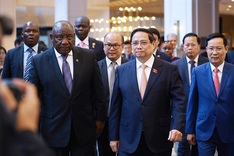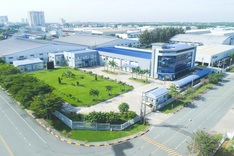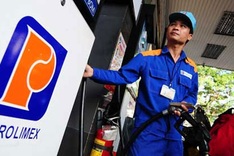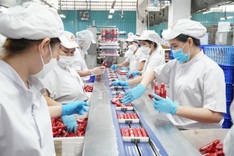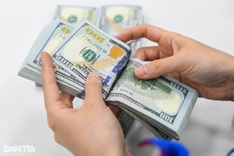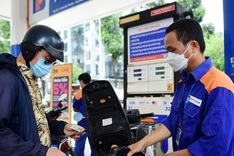>> Petroleum prices hit record highs in Vietnam
>> Government approves power price hike of 15.28%
Price hikes in electricity and petroleum are necessary to offset losses in those industries, said Finance Minister Vu Van Ninh.
 |
| Illustration photo |
Ninh said at an online conference in Hanoi on February 24 that the electricity sector lost nearly VND28 trillion (USD1.35 billion) by the end of 2010 and the figure will climb to VND29.5 trillion (USD1.42 billion) by the end of this year.
The conference between the government and representatives from 63 cities and provinces nationwide was aimed towards implementation of the prime minister’s anti-inflation policies.
If the price increase is not applied, the accumulated loss of the electricity sector will reach over VND57 trillion (USD2.75 billion), causing a great strain on the national economy, said Ninh.
He noted that, to have profits, electricity prices must be raised by 62% or VND688 per kWh, as opposed to the 15% increase of VND165 per KWh already scheduled to take effect starting March 1.
Low electricity prices could result in a lack of investment in the power infrastructure, which would in turn lead to power shortages, according to Ninh. He added that low prices could lead to wasteful use of electricity.
At the same time, petrol prices have been kept stable for a long time, at a little over VND16,000 (USD0.78) per litre, which is a third lower than the prices in neighboring Thailand, Laos and China. Prices in Singapore are even higher.
This situation could also lead to petroleum smuggling.
According to the minister, retail prices of petroleum in the global market increased by 29%, while the domestic petroleum sector has suffered from a total loss of VND16.4 trillion (USD459.2 million).
He specified that the state completely abolished petroleum import taxes in order to cover the VND10.089 trillion (USD494.9 million) in losses of petroleum firms.
According to the Ministry of Finance, the increased petroleum prices will directly lead to a 0.65% rise in the CPI, and will also impact the prices of other goods and service, which in turn will add to further increases in the CPI.
At the conference, Deputy Prime Minister Nguyen Sinh Hung asked that state-owned firms to cut expenditures.
These companies will be required to halt purchases of cars, air conditioners and office equipment, as well as to make more efficient use of power and water, Hung said.

